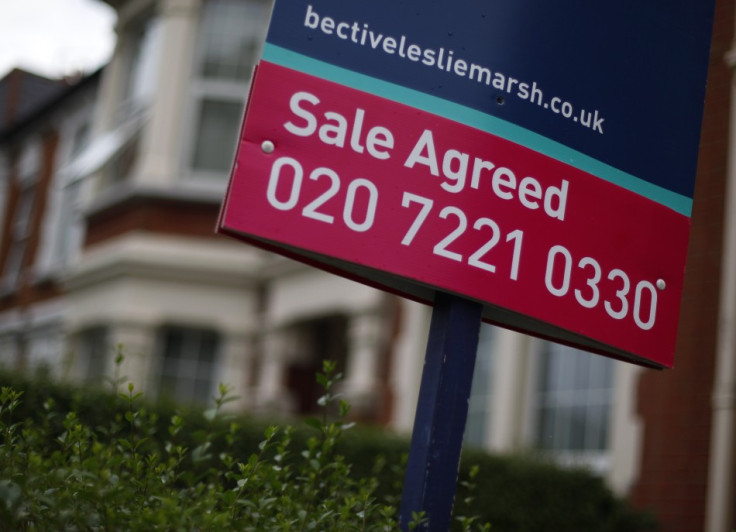UK House Prices Rising Sharply Amid Help to Buy and Funding for Lending Schemes

UK house prices rose at their fastest pace in close to seven years during August as demand is buoyed by mortgage market stimulus and supply remains sluggish.
The Royal Institution of Chartered Surveyors (RICS) said its house price balance lifted to +40 in the month, up from July's +37 and the highest reading since November 2006. The balance is between housing market professionals reporting rises and falls.
It adds to fears that the UK is blowing a new housing bubble with schemes such as Funding for Lending and Help to Buy increasing the flow of mortgage credit into the economy but housebuilding well below levels needed to meet current demand.
Help to Buy in particular has come under criticism. The scheme sees homebuyers offered an interest-free equity loan of up to 20% of a property's value, to bring down the size of a deposit on a mortgage.
A second part of the scheme will offer banks, for a small fee, a government guarantee on consumer mortgages for homes worth up to £600,000.
One City of London analyst called it a "moronic" policy, while others say Chancellor George Osborne is playing with fire by not building enough new affordable homes as he bloats demand.
However, Osborne hopes that by boosting demand in the housing market, construction firms will react by meeting market needs through increased homebuilding.
A research note by Fitch, the credit ratings agency, said it did not expect building volumes to pick up because of the scheme, though construction firms may come under political pressure to build more homes.
Instead, Fitch said builders would profit from rising house prices and banks would profit from increasing their stock mortgage lending.
"For housebuilders the main benefit from the second phase of the scheme will come from rising house prices, rather than increased volumes," said the note from Fitch Ratings.
"This is because selling a house for more than originally expected has no additional associated costs and therefore generates pure profit, whereas increasing volumes also increases variable costs.
"Builders also might prefer to avoid sharply increasing construction because of the risk that they may not be able to sell the properties when they are completed in two years' time."
Fitch added that this risk was offset by the scheme's three-year shelf life.
British Bankers' Association data shows mortgage approvals leaping 31% across the year in July.
Meanwhile, two of Britain's biggest housebuilders have reported soaring profits.
Persimmon reported a 38% rise in pre-tax profit during the sixth months to the end of June, while Bovis Homes said it saw a 50% jump in profit in its housing business in the same period.
© Copyright IBTimes 2025. All rights reserved.






















